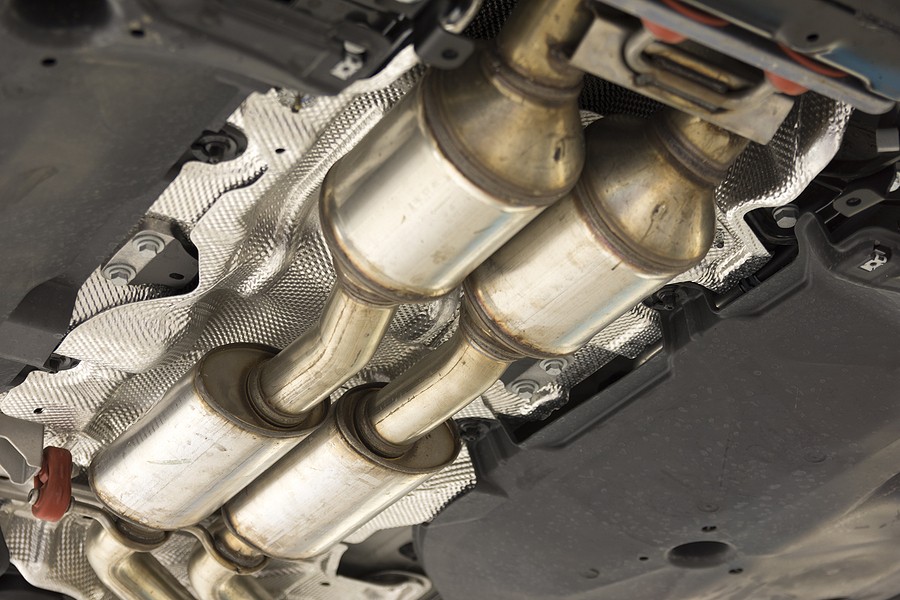Understanding how much do junkyards pay for catalytic converters help you get a fair offer and not miss out on the opportunities!
A catalytic converter is an important component of a vehicle's exhaust system that helps to reduce the number of harmful pollutants emitted from the engine. These devices are made up of a substrate coated with precious metals, such as platinum, palladium, and rhodium, which act as catalysts to facilitate chemical reactions that convert harmful pollutants into less harmful substances.
When your vehicle fails, you might need to get some extra cash out of the valuable components like the converter. This article provides you with a detailed review about how much do junkyards pay for catalytic converters.
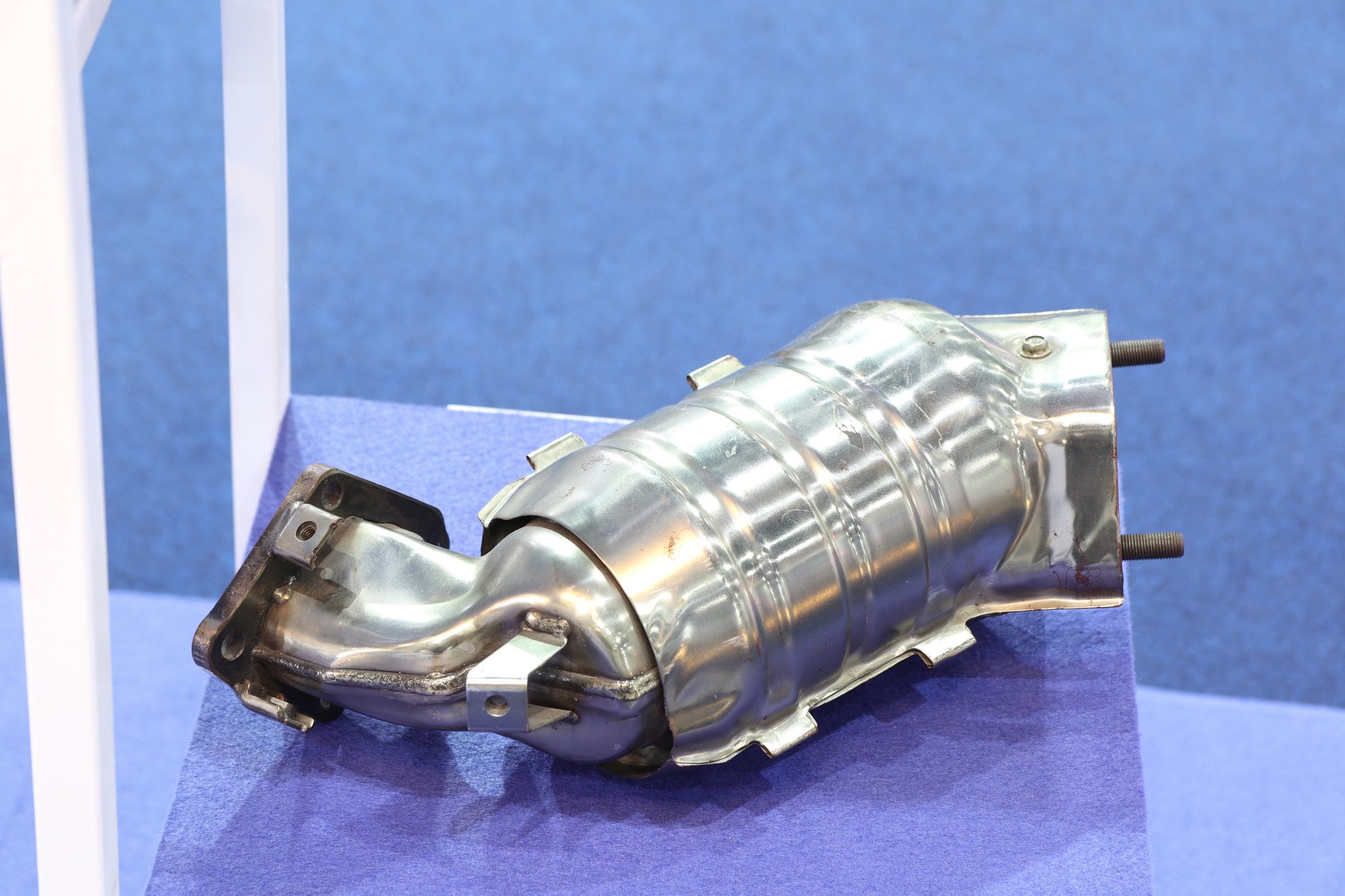
What is the catalytic converter?
The catalytic converter is an emissions control device that is located in the exhaust system of a vehicle. It is designed to reduce the amount of harmful pollutants that are emitted from the vehicle's engine by converting them into less harmful substances.
The catalytic converter is made up of a ceramic or metal substrate that is coated with a mixture of precious metals, such as platinum, palladium, and rhodium. These metals act as catalysts, which means that they can facilitate chemical reactions without being consumed in the process. When exhaust gases pass through the catalytic converter, the catalysts within the converter help to convert the harmful pollutants into less harmful substances, such as carbon dioxide and water vapor.
Catalytic converters are an important component of a vehicle's emissions control system, and they are required on all modern vehicles in order to meet emission standards. They are typically located in the exhaust pipe, near the engine, and are an essential part of the vehicle's exhaust system.
Catalytic converters can become damaged or fail over time, which can impact the performance of the vehicle and its emissions. If a catalytic converter is not functioning properly, it may need to be replaced in order to maintain the performance and emissions of the vehicle.
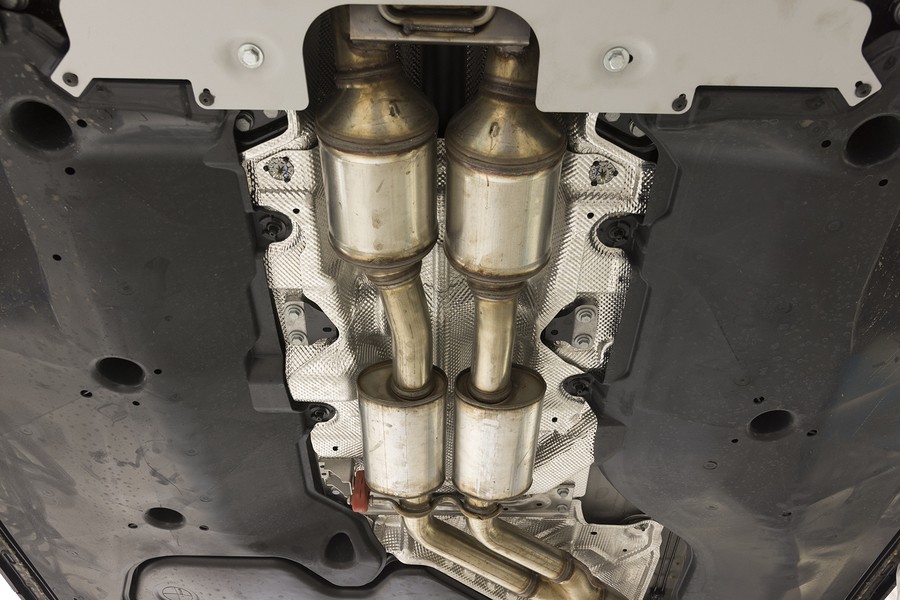
How Much Do Junkyards Pay for Catalytic Converters?
Experts indicated that your catalytic converter might go for somewhere between $300 and $1,500. However, the amount that junkyards pay for catalytic converters can vary depending on a number of factors, including the specific type and model of the catalytic converter, the condition of the converter, and the current market demand for catalytic converters.
In general, catalytic converters that are made from precious metals, such as platinum, palladium, and rhodium, are typically more valuable than those made from less valuable materials. Additionally, catalytic converters that are in good condition and are relatively new are generally worth more than those that are older or in poor condition.
The current market demand for catalytic converters can also impact the price that junkyards are willing to pay for them. If there is a high demand for catalytic converters, junkyards may be willing to pay more for them. On the other hand, if there is a low demand for catalytic converters, the price may be lower.
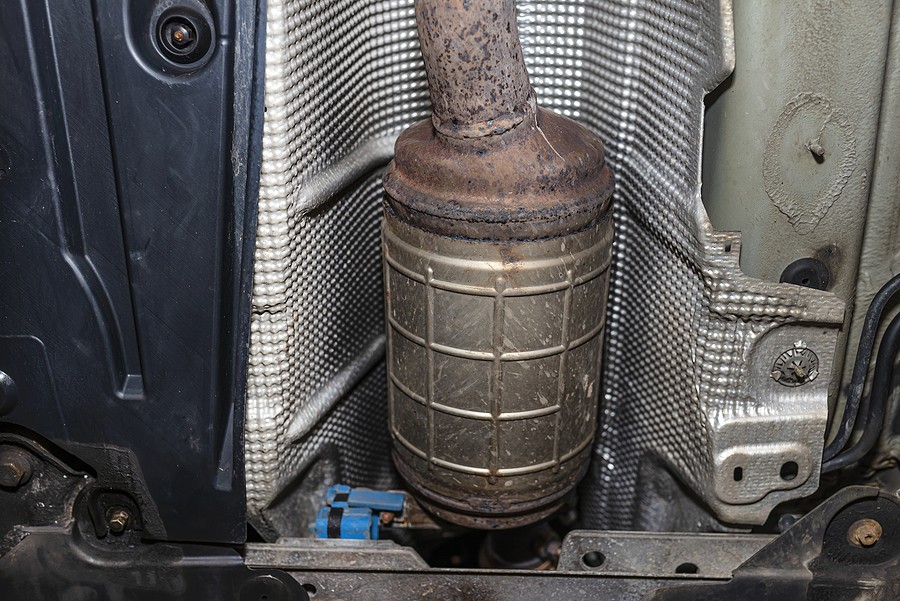
Why do scrap yards pay so much for catalytic converters?
Scrap yards pay a high price for catalytic converters because they contain valuable metals that can be recovered and reused. Many catalytic converters are made with platinum, palladium, and rhodium, which are highly valuable metals that are in high demand for a variety of applications. These metals are often used in the production of catalytic converters because of their ability to efficiently convert harmful emissions into less harmful substances.
By recycling catalytic converters, scrap yards are able to recover these valuable metals and sell them to manufacturers who use them in the production of a wide range of products, including electronics, jewelry, and medical equipment. The demand for these metals is high, which drives up the price that scrap yards are willing to pay for catalytic converters.
It is also worth noting that the price of catalytic converters for scrap can vary significantly based on market conditions and the specific type of metal they contain. The value of a catalytic converter may be lower if it is damaged or has been tampered with in any way.
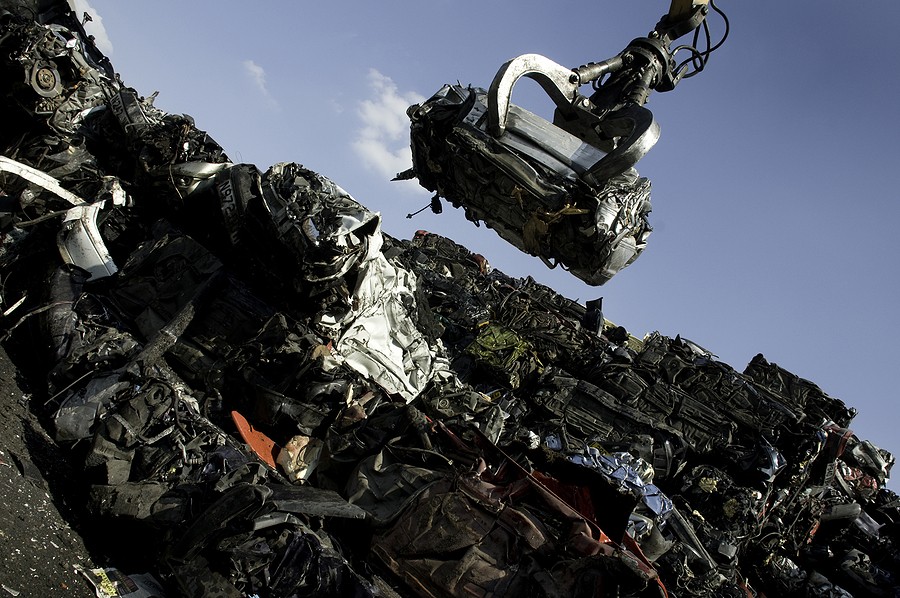
What are the most common signs indicating a bad catalytic converter?
- Decreased engine performance: A faulty catalytic converter can restrict the flow of exhaust gases, which can lead to decreased engine performance and reduced power.
- Decreased fuel efficiency: A bad catalytic converter can also lead to decreased fuel efficiency, as the engine has to work harder to compensate for the restricted exhaust flow.
- Increased emissions: A malfunctioning catalytic converter may not be able to effectively convert harmful pollutants into less harmful substances, leading to increased emissions from the vehicle.
- Check engine light: The check engine light may come on if the catalytic converter is not functioning properly.
- Loud noises: A faulty catalytic converter can produce loud noises, such as rumbling or knocking sounds, as exhaust gases struggle to pass through the converter.
- Strange smells: A bad catalytic converter may also produce strange smells, such as a rotten egg smell or a burning smell.
- Overheating: A faulty catalytic converter can lead to overheating in the exhaust system, which can cause the engine to overheat as well.
- Poor acceleration: A malfunctioning catalytic converter can cause poor acceleration and slow response when the accelerator is pressed.
- Stalling: A bad catalytic converter may cause the engine to stall or lose power while driving.
- Reduced torque: A faulty catalytic converter can also lead to reduced torque, or turning force, which can affect the vehicle's ability to accelerate and climb hills.
If you notice any of these signs, it may be a sign of a bad catalytic converter, and it is important to have the issue diagnosed and repaired as soon as possible to avoid further damage to the vehicle.

Should I fix the catalytic converter or fix my car?
It depends on the condition of your car and the cost of repairing the catalytic converter. If the cost of repairing the catalytic converter is relatively low compared to the value of your car, it may make more sense to repair it and continue driving the car. However, if the cost of repairing the catalytic converter is high or if your car is in poor condition overall, it may be more cost-effective to sell the car and use the money towards a different vehicle.
If you are unsure about whether to repair your catalytic converter or sell your car, you may want to consult a mechanic or auto expert for their advice. They can assess the condition of your car and provide you with a more informed recommendation.
Which catalytic converter is worth the most for scrap?
The value of a catalytic converter for scrap depends on a variety of factors, including the type of metal it contains and the market demand for that metal. Some common types of metal that may be used in catalytic converters include platinum, palladium, and rhodium. These metals are highly valuable and are often used in the production of catalytic converters because of their ability to efficiently convert harmful emissions into less harmful substances.
In general, catalytic converters that contain higher amounts of precious metals tend to be worth more for scrap. However, the exact value of a catalytic converter for scrap can vary significantly based on market conditions and the specific type of metal it contains. It is also worth noting that the value of a catalytic converter for scrap may be lower if it is damaged or has been tampered with in any way.

Who pays the most for catalytic converters?
Some common places to sell catalytic converters for scrap include scrap metal yards, auto salvage yards, and recycling centers. These facilities typically have the equipment and resources needed to process and recycle catalytic converters, and they may be willing to pay a fair price for them.
It is also possible to sell catalytic converters online through websites or platforms that specialize in the buying and selling of scrap metal. In some cases, it may be possible to get a higher price for your catalytic converter by selling it directly to a buyer rather than going through a middleman.
To get the best price for your catalytic converter, it is generally a good idea to shop around and get quotes from multiple buyers. This will allow you to compare prices and find the best deal. It is also important to be aware of market conditions and the current value of the metal contained in your catalytic converter, as this can affect the price that buyers are willing to pay.
How much do junkyards pay for catalytic converters? Final Thoughts
It's difficult to provide an accurate estimate of how much junkyards pay for catalytic converters, as the price can vary significantly depending on the specific circumstances. If you are looking to sell a catalytic converter to a junkyard, it may be helpful to do some research on the current market value of similar converters and to shop around to get the best price.
If you would like to get the maximum profit out of your junk car without worrying about missing the value of important items like the catalytic converter, call our team at 773-791-4364 for an instant FREE quote!

